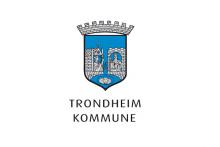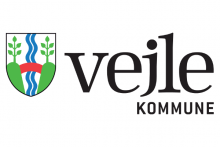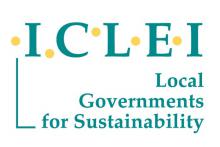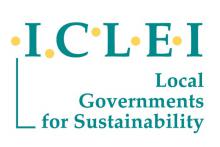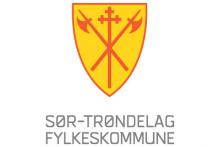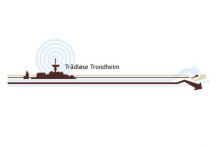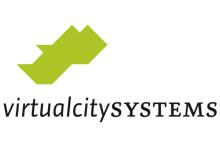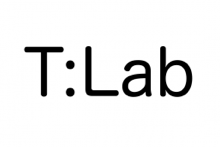About CTT
About Carbon Track and Trace (CTT)
Research on CO2, cities, sensor networks, and climate.
Municipal GHG emission data repositories are expensive and time-consuming to build, maintain, validate, and evaluate. The absence of detailed cost/benefit calculations and measurements make it difficult to understand results of mitigation strategies. The Carbon Track and Trace (CTT) project aims to develop an automated system for greenhouse gas (GHG) emissions monitoring and reporting. The system will enable a municipality to automatically log and analyse calibrated measurements of their direct GHG emissions. This data will allow municipalities to develop evidence-based policy for mitigation strategies, linking specific actions and strategies to measured reductions unlocking the potential for significant increases in private capital investments in GHG emission reduction measures.
The Carbon Track and Trace (CTT) project is intended to provide cities with real-time greenhouse gas (GHG) measurement capability. Traditional methods of building and maintaining municipal GHG emission inventories are expensive, time-consuming, and are of questionable utility for mitigation decision and planning support processes. CTT couples low-cost, open source sensors to a Big Data analytics platform that provides cities and regions with a unique capacity to directly measure the impacts of their policy and planning decisions and to develop a semi-autonomous system for building, maintaining, and reporting their annual GHG emissions.
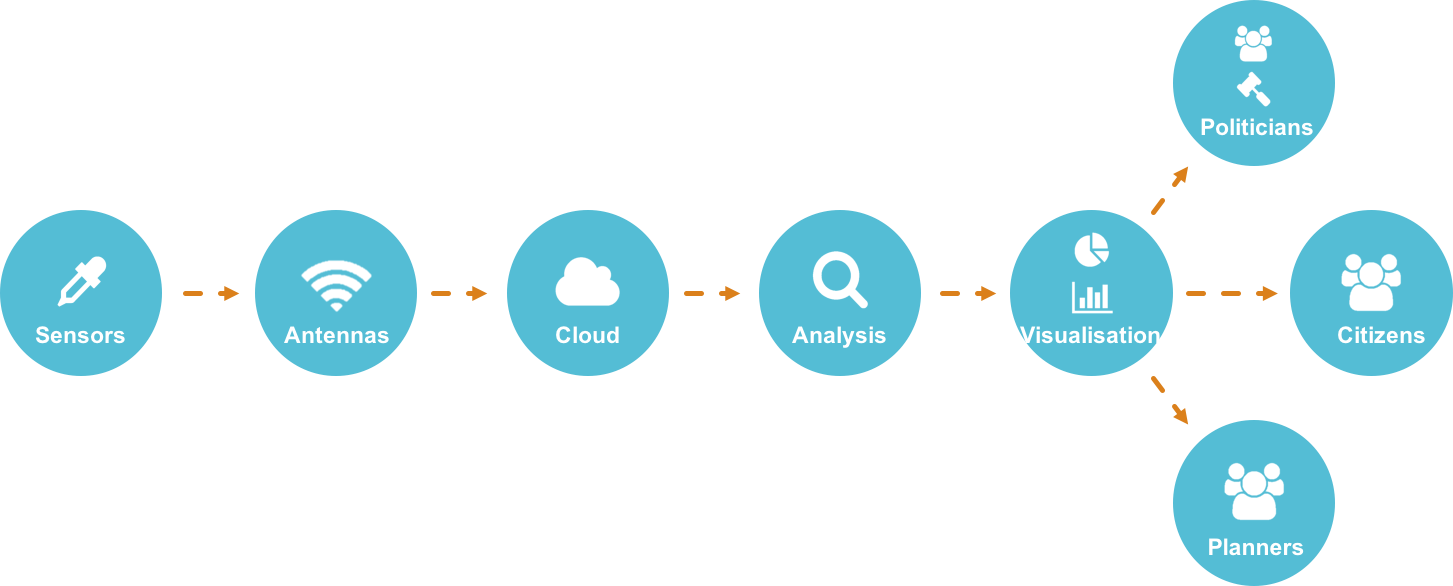
The project value chain consists of IoT sensor network, gateways and cloud storage, data analysis and visualization, and targeting of end users and governance issues.
Realtime measuring of greenhouse gas levels can be achieved by using inexpensive, open-source hardware. By using novel communication technologies like LoRaWAN, we make the sensor network scalable through gateways. The measurements from the IoT sensor network are relayed from gateways to an open cloud platform, allowing for easy integration with other applications. Tailored data analysis will integrate sensor measurements with other open data sources to generate new insights and city-level emission overviews. Analysis results are visualized to different stakeholders and made available for further processing. CTT gives politicians and planners more accurate real-time greenhouse gas emissions measurements, facilitating faster feedback loops between action and quantifiable impact. Giving citizens access to real time air quality maps of their city gives them the opportunity to influence their local community to become more environment friendly, choose a 'green route' to work and choose when its best to go for a run. The CTT ecosystem gives researchers an open source, low-cost platform for field measurements of greenhouse gas emissions in buildings, energy, transport, and waste, and will lower the threshold for researchers to engage with local emissions data. Pilot partners are Trondheim, Norway and Vejle, Denmark.
Contact us
Project
CTT is a joint project of the NTNU departments of Architecture and Design (AB) and Computer Science (IDI) and part of NTNU Smart Sustainable Cities.
CTT is funded by LoCaL, the Low Carbon City Lab flagship of Climate-KIC.



